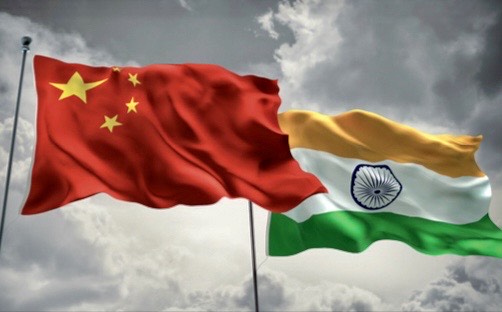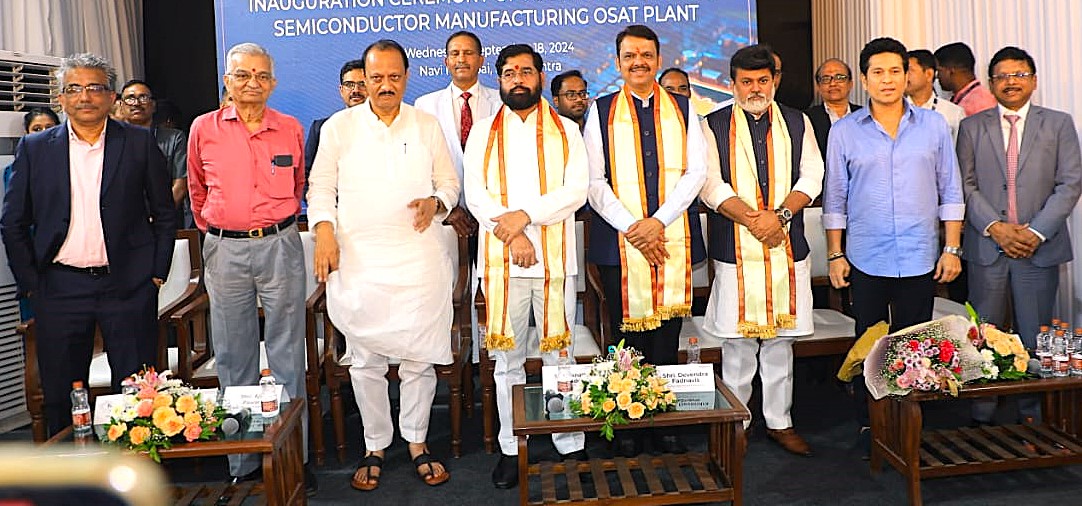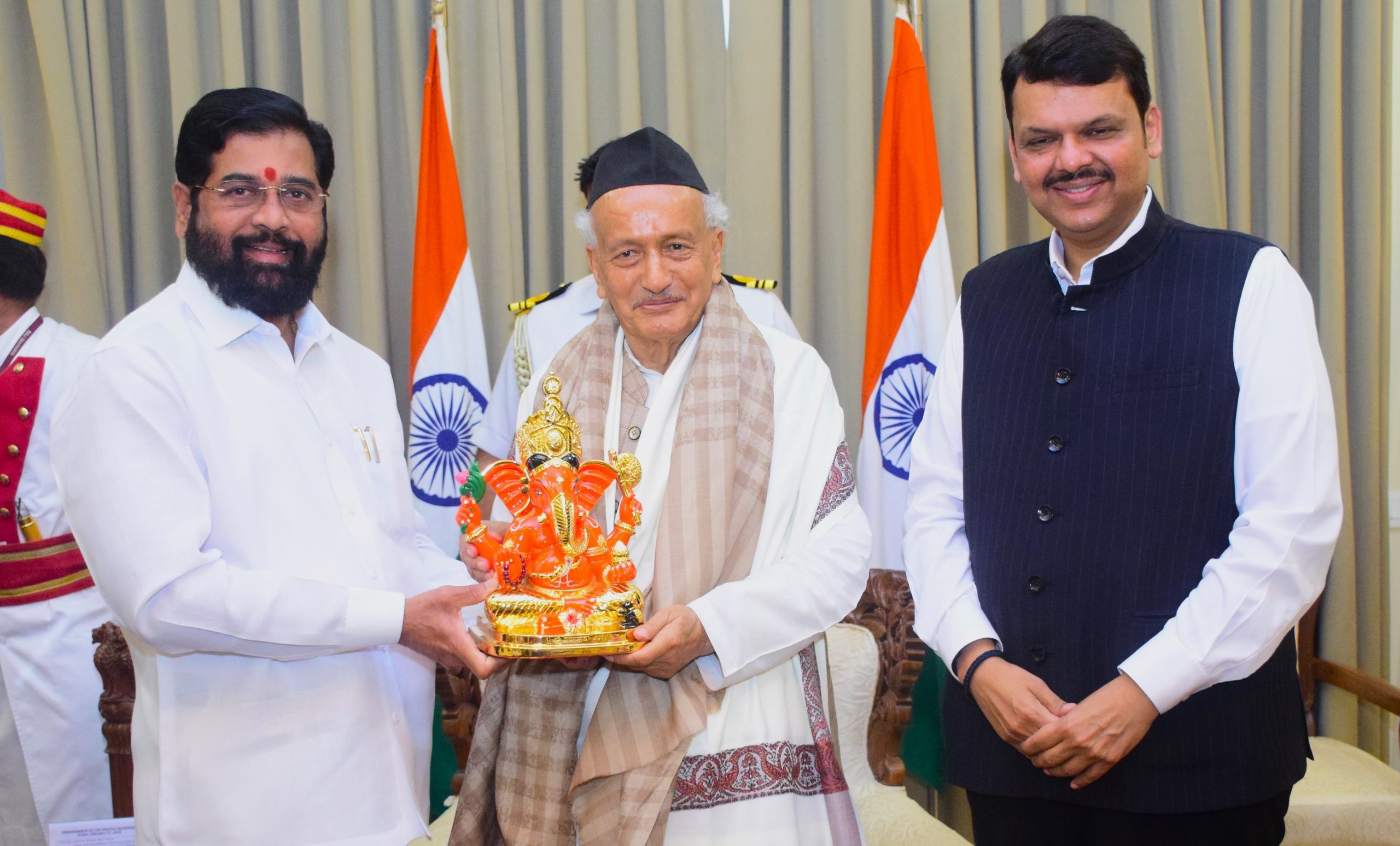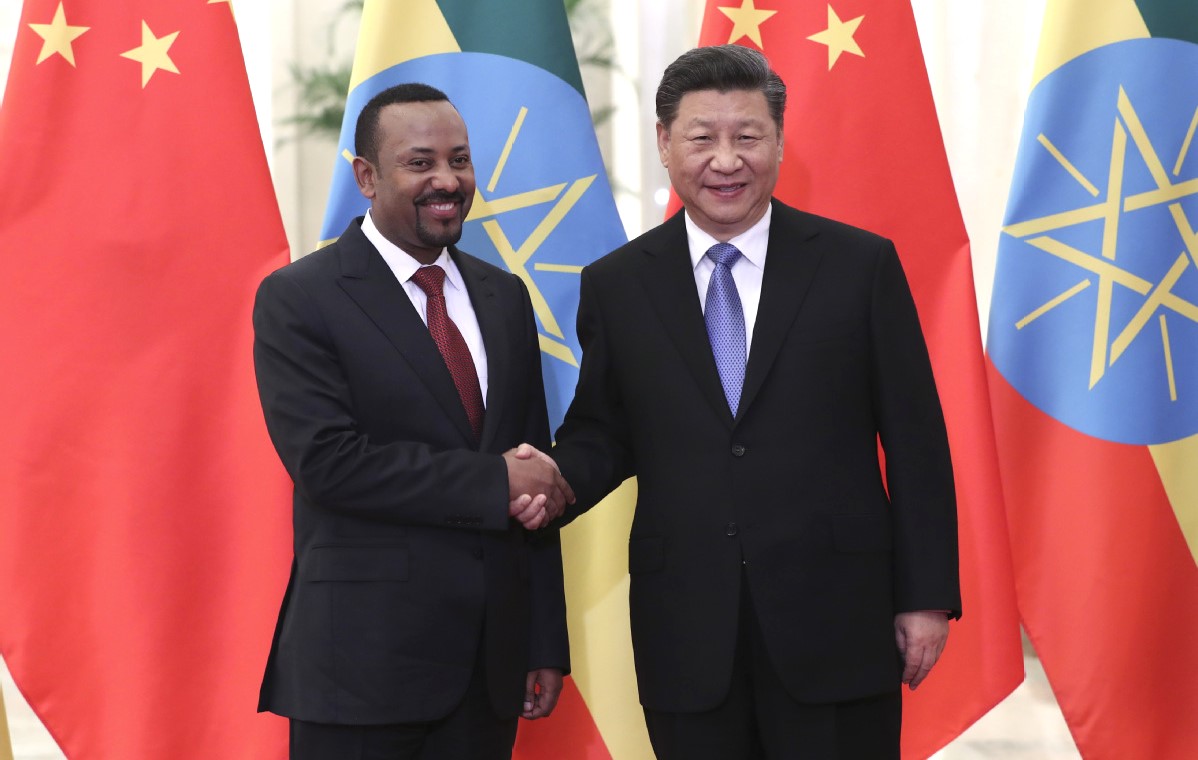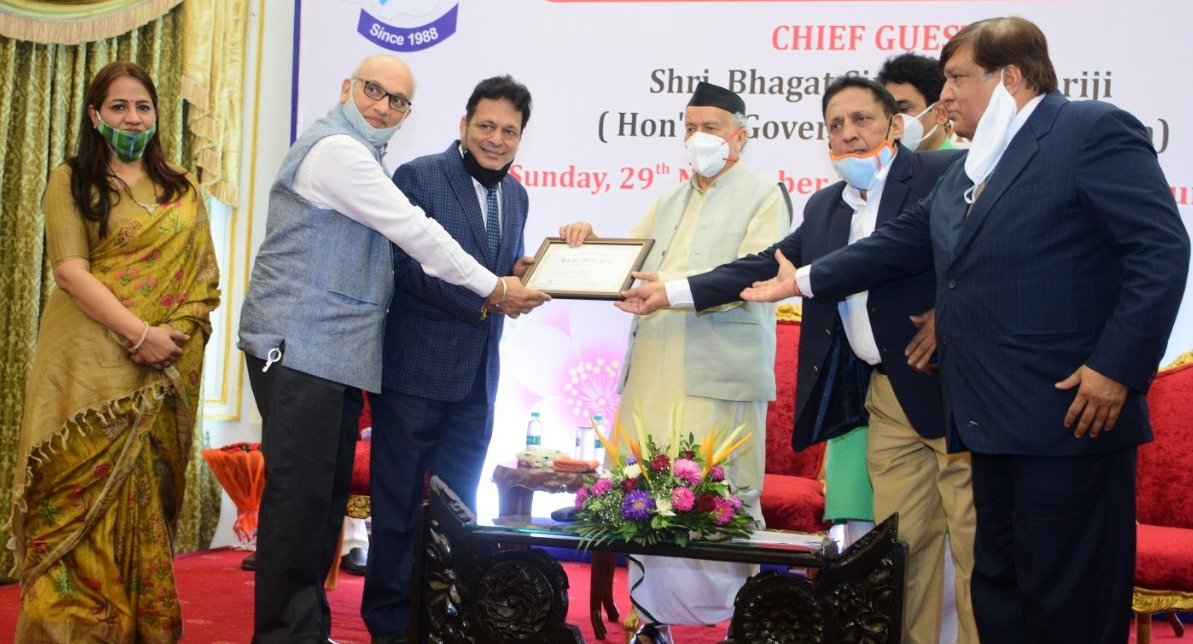By Mewati Sitaram
In an era of complex global economic relationships, India finds itself navigating a delicate balance with its neighbour and economic powerhouse, China. Dr. Arvind Panagariya, a renowned economist and former vice-chairman of the government of India think-tank NITI Aayog, has recently shared his insights on how India can effectively manage its trade and investment ties with China, offering a nuanced approach that acknowledges both potential risks and opportunities.
Dr. Panagariya’s strategy recognizes the legitimate concerns surrounding Chinese investment in certain sectors. He advocates for a cautious approach in these sensitive areas, understanding the need to protect national interests and security. However, he also emphasizes that such threats are not universal across all sectors of the Indian economy.
In fact, Dr. Panagariya argues that there are numerous sectors where Chinese investment could prove highly beneficial for India’s economic growth. He suggests that India should not adopt a blanket policy of rejecting Chinese investment, but rather carefully evaluate each opportunity on its own merits.
This balanced perspective is particularly relevant given the global economic landscape. Dr. Panagariya points out that many countries, despite viewing China as a potential threat, continue to maintain robust trade relationships with the Asian giant. This pragmatic approach allows these nations to benefit from China’s economic strength while managing potential risks.
Dr. Panagariya’s advice for India is clear: don’t shy away from Chinese investment entirely. Instead, he proposes a strategic approach that capitalizes on the potential benefits while safeguarding against specific threats. This could involve welcoming Chinese investment in non-sensitive sectors that could boost India’s manufacturing capabilities, create jobs, and contribute to overall economic growth.
By adopting this nuanced strategy, India could potentially accelerate its economic development without compromising on national security concerns. It would allow the country to tap into China’s vast pool of capital and expertise in areas where it could be most beneficial, while maintaining vigilance in sectors deemed sensitive or critical to national interests.
Dr. Panagariya’s approach underscores the importance of a carefully calibrated economic policy in today’s interconnected world. As India continues to emerge as a global economic power, managing its relationship with China – both in terms of trade and investment – will be crucial. By striking the right balance, India can potentially turn what some view as a challenge into an opportunity for growth and development.

Editor in Chief : Mewati SItaram

